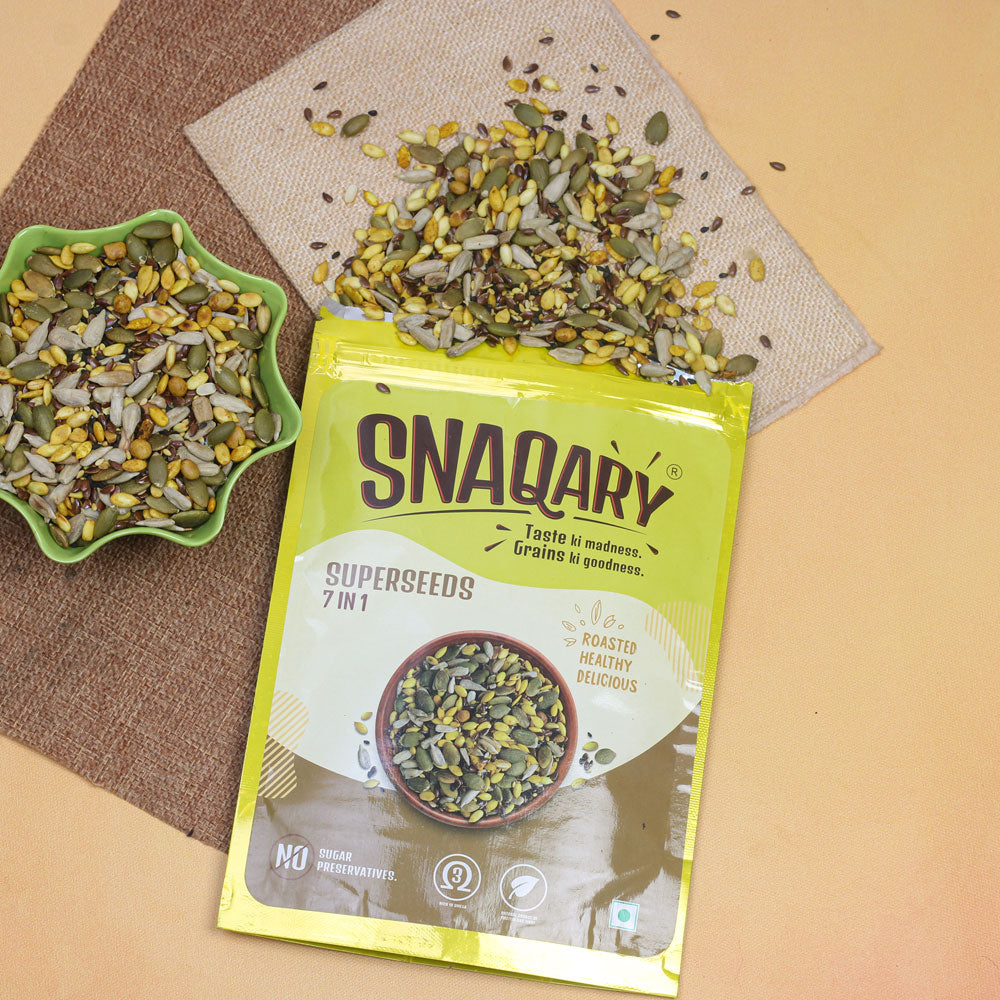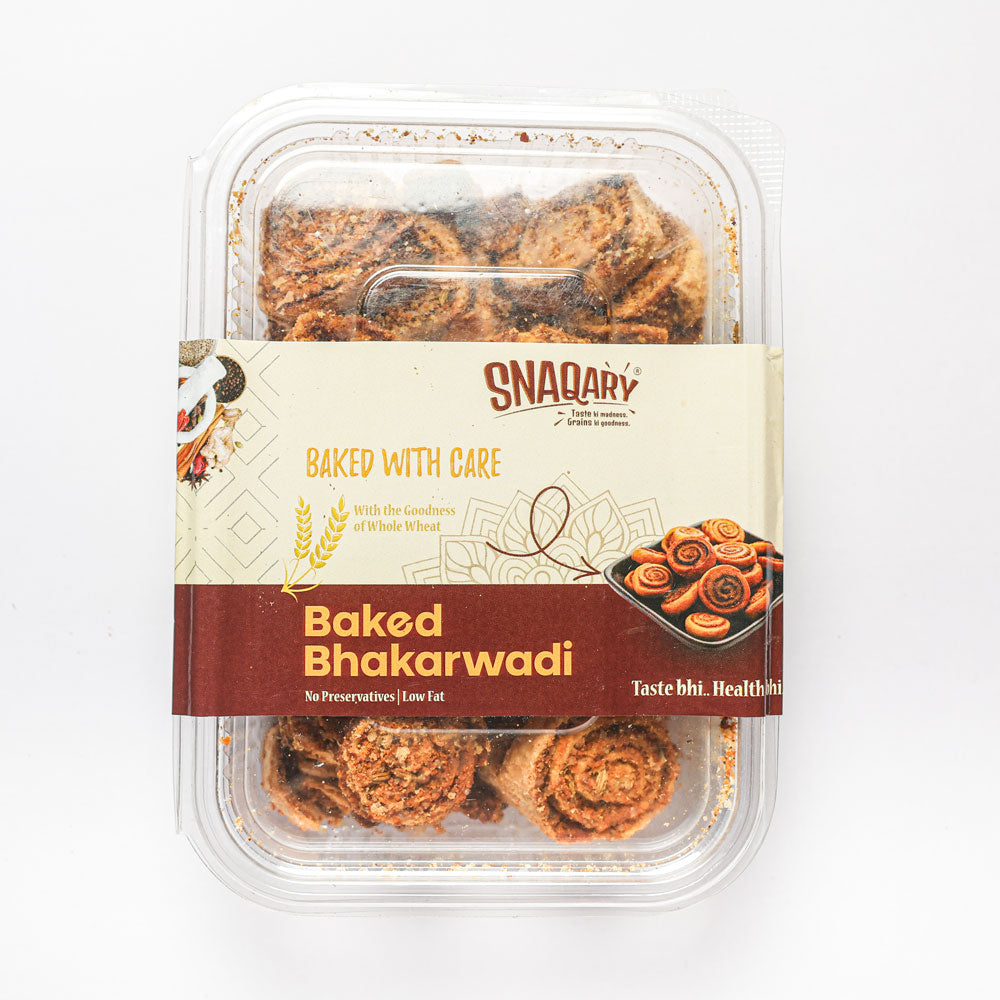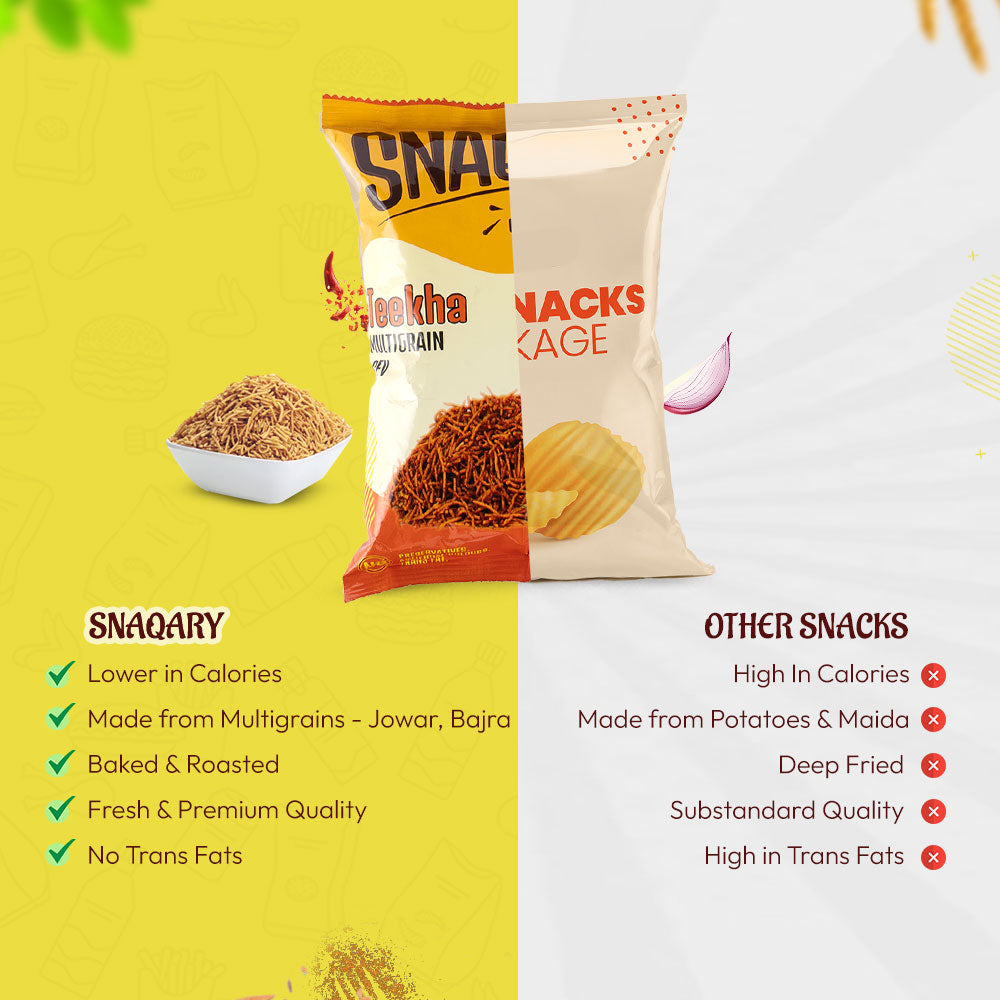
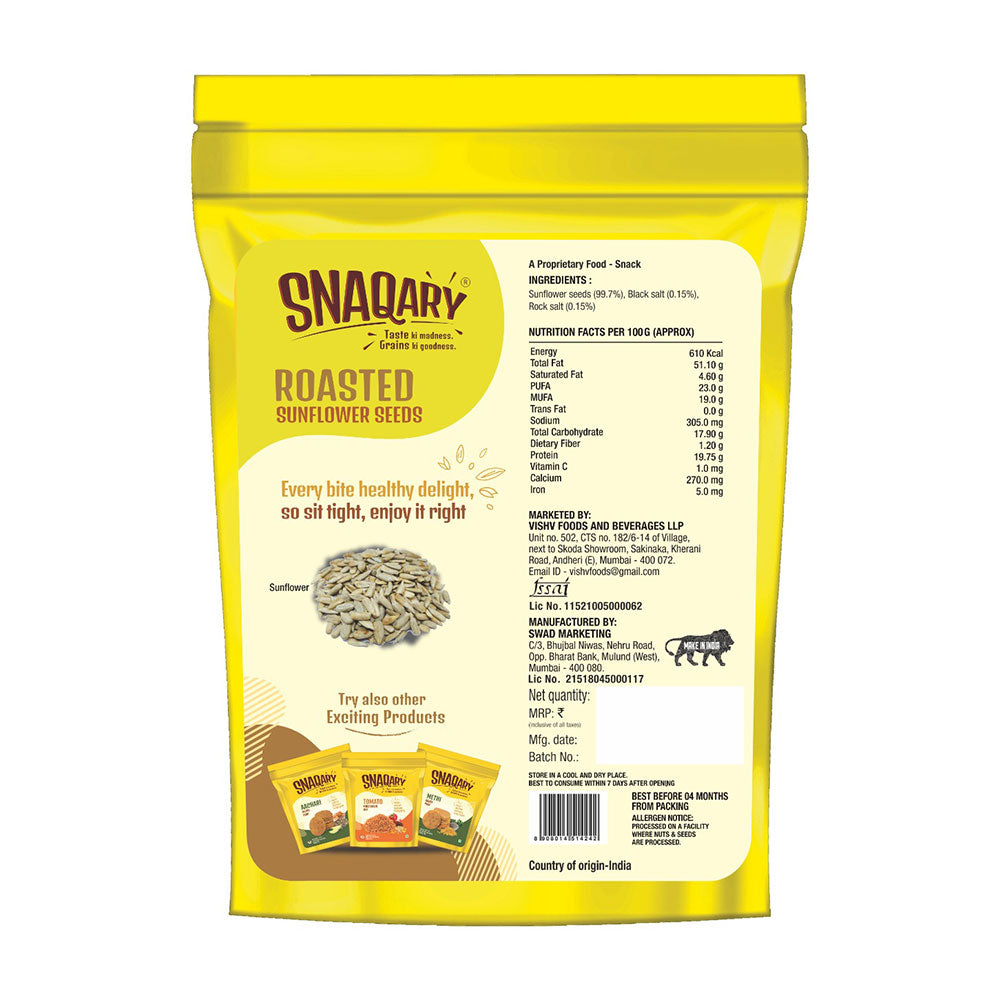
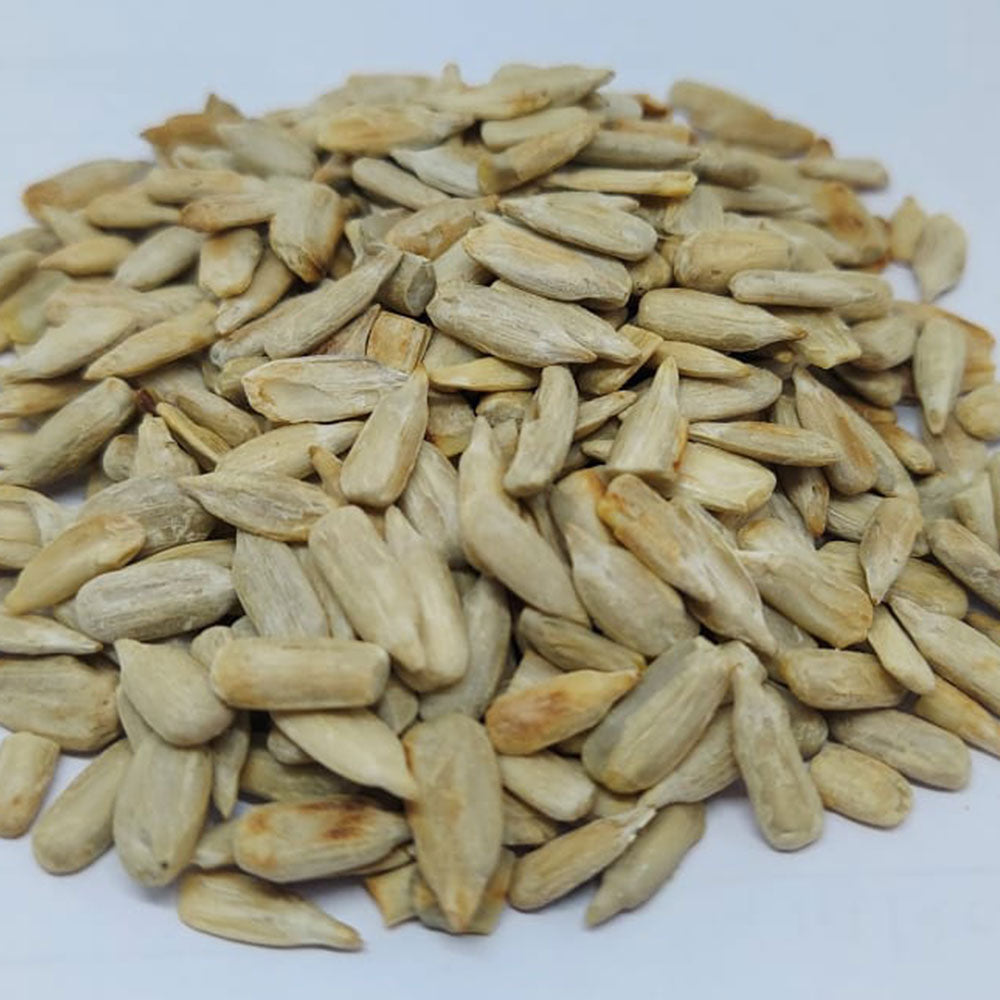
Roasted Sunflower Seeds

Crunchy Goodness

Made from Multigrains

Irresistible Flavors

COD Available
A good source of nutrition that boosts bone and muscle health! They are tasty and crunchy and can be had anywhere, anytime! Add them to your meals for aid in digestion and a boost of energy.


Himanshu Gupta

Kapil Verma
This product has no reviews yet.
Frequently Asked Questions
What is the content of Roasted Sunflower Seeds?
They contain Sunflower seeds (99.7%), Black salt (0.15%), and Rock salt (0.15%).
What are roasted seeds?
Snaqary Roasted seeds are seeds that have been heated until they become crispy and have a slightly toasted flavor. They are enjoyed as a healthy and nutritious snack.
What are the benefits of eating roasted seeds?
Roasted seeds are highly nutritious and offer several benefits. They are a good source of healthy fats, protein, fiber, vitamins, and minerals. They can support heart health, aid digestion, provide essential nutrients, and serve as a satisfying snack option.
What is the shelf life of the Seeds?
Seeds will last up to 4 months when stored properly if you can resist the temptation of finishing it just after opening.
How can I incorporate roasted seeds into my diet?
There are several ways to incorporate roasted seeds into your diet. You can sprinkle them on salads, yogurt, or smoothie bowls for added crunch and nutrition. They can also be used as a topping for roasted vegetables or added to homemade granola, trail mix, or baked goods.
Are roasted seeds a suitable snack for weight loss?
Yes, Snaqary Roasted seeds can be a suitable snack for weight loss. They are nutrient-dense, providing essential nutrients while being relatively low in calories. The high fiber and protein content in seeds can help promote satiety and control hunger cravings.
Are there any precautions to consider when consuming roasted seeds?
While roasted seeds are generally safe to consume, it's essential to be mindful of any allergies or sensitivities you may have to specific seeds. Additionally, if you have any pre-existing health conditions or dietary restrictions, it's advisable to consult with a healthcare professional or registered dietitian before making any significant changes to your diet.

